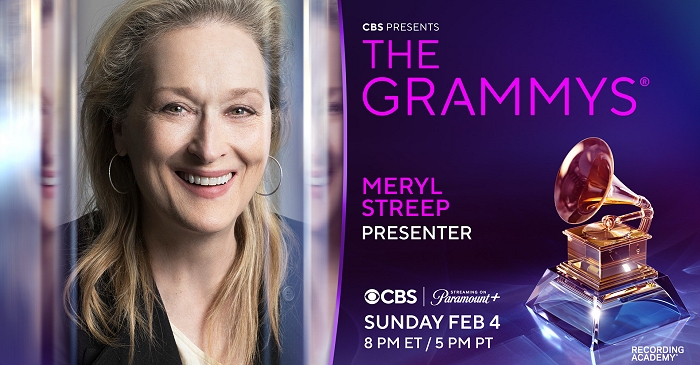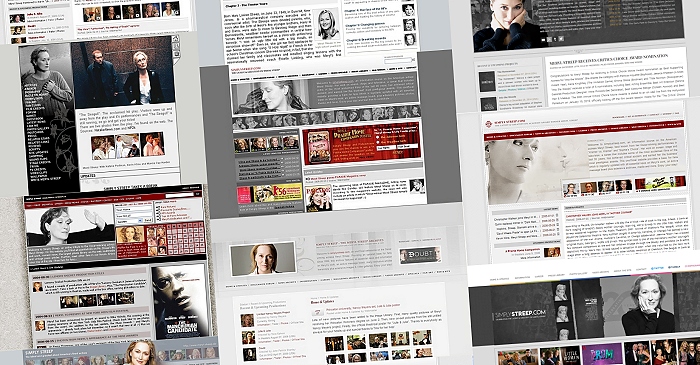

According to The Hollywood Reporter, Mossack Fonseca, the Panama City law firm that watched in horror back in 2016 as a treasure trove of its documents became public, is now attempting to stop Netflix from streaming The Laundromat, a dark comedy that is inspired by those “Panama Papers.” The firm and its founders have filed a lawsuit in Connecticut federal court and are pushing for a restraining order to prevent the Friday release of the film. The movie, directed by Steven Soderbergh, stars Meryl Streep investigating the death of her husband in a boat tour and being led down a trail of shady dealings connected to an off-shore tax scheme exploited by some of the world’s most powerful individuals. According to some advance write-ups of the film, some of these dealings are traced to Jürgen Mossack (played by Gary Oldman) and Ramón Fonseca (Antonio Banderas), the named partners in the firm. As the new lawsuit points out, the movie’s trailer states The Laundromat is “based on some real shit,” referencing what was exposed by the leak of 11.5 million documents three years ago. Mossack and Fonseca complain that the film casts them as “villains profiting from the death of 20 people killed in the small town boat tour,” and also object to a comment in the film from Streep tying them to “bribery, corruption, money laundering.” The film provokes two big claims — defamation and trademark infringement. The former because these lawyers have allegedly been cast falsely as criminals, and the latter because the movie utilizes the film’s registered logo while allegedly diminishing and diluting its value. To each of the claims, Netflix will likely raise First Amendment defenses, including how use of the logos is artistically relevant and not explicitly misleading. But for now, the move for a restraining order is what’s most pressing. Prior restraints on speech face nearly insurmountable odds in court. To overcome the First Amendment, Mossack and Fonseca present a theory of irreparable harm tied to their due process rights as potential defendants in a criminal case.
“As targets of a Federal Investigation, JÜRGEN MOSSACK and RAMÓN FONSECA may be brought to Trial in the United States,” states a memorandum in support of a TRO. “This is not merely a speculative claim; people that once worked with MOSSACK and FONSECA have already been charged in an Indictment in the Southern District of New York.” The plaintiffs soon add, “In the event that MFGROUP Plaintiff is indicted in the United States, it is clearly uncontestable they would be entitled to Due Process of Law and a full panoply of civil rights including, but not limited to, the right to a trial by jury. The widespread false message being published by NETFLIX to audiences everywhere in the United States and around the world, threatens not only to pollute the ‘Court of Public Opinion’ (for which the Plaintiffs are entitled to a separate cognizable remedy), but also to pollute a jury pool in a de facto criminal case. Any mildly seasoned criminal trial lawyer realizes the effect of film on the objectivity of jurors, and in the voir dire process it is common to ask questions about a juror’s viewing habits — people cannot help being affected by what they watch.”
“Once the cat is out of the bag, it is impossible to put it back without the consequence of tainting a verdict,” continues the brief. “This is especially true where the cat is named ‘Laundromat’ and the charges would include money laundering. Here, a worldwide audience including potential jurors in a Southern District prosecution, could easily echo the views of influential movie reviewers (which include false accusations and misrepresentations), well before they are ever exposed to real evidence.”
Here’s the full memorandum. The streamer has swiftly filed a motion to dismiss the complaint with the argument that the judge needn’t even take it up. Netflix tells the court that the plaintiffs haven’t established why Connecticut has jurisdiction over this controversy especially since the suing attorneys are based in Panama and those involved in the movie reside in California. Besides contending that Connecticut is an improper venue, the streamer says that exercising jurisdiction would violate its due process rights. Additionally, Netflix has filed a motion opposing the restraining order. “Defendant’s film, while entertaining and largely comedic, is intended to bring attention to the abuse of offshore shell corporations and tax shelters, and it is an indictment of the legal system that permits them,” states the opposition. “Plaintiffs’ Motion, which seeks a virtually unheard of prior restraint on speech, is thus an affront to established First Amendment principles.” Netflix’s lawyers add, “Their claim of dilution by ‘tarnishment’ of their logo – the use of which in the film is also protected under established First Amendment jurisprudence – is laughable, given that the Complaint acknowledges that their reputations have already been so blackened as a result of the spotlight that the international press has been shining on Plaintiffs for the last three and a half years – the result of which was the loss of all of their clients, banks refusing to do business with them and the shuttering of their business.”
As for the argument that the release of the film will lead to irreparable harm, Netflix calls the possibility of criminal prosecution “speculation” and a polluted jury pool as “yet more remote.”












